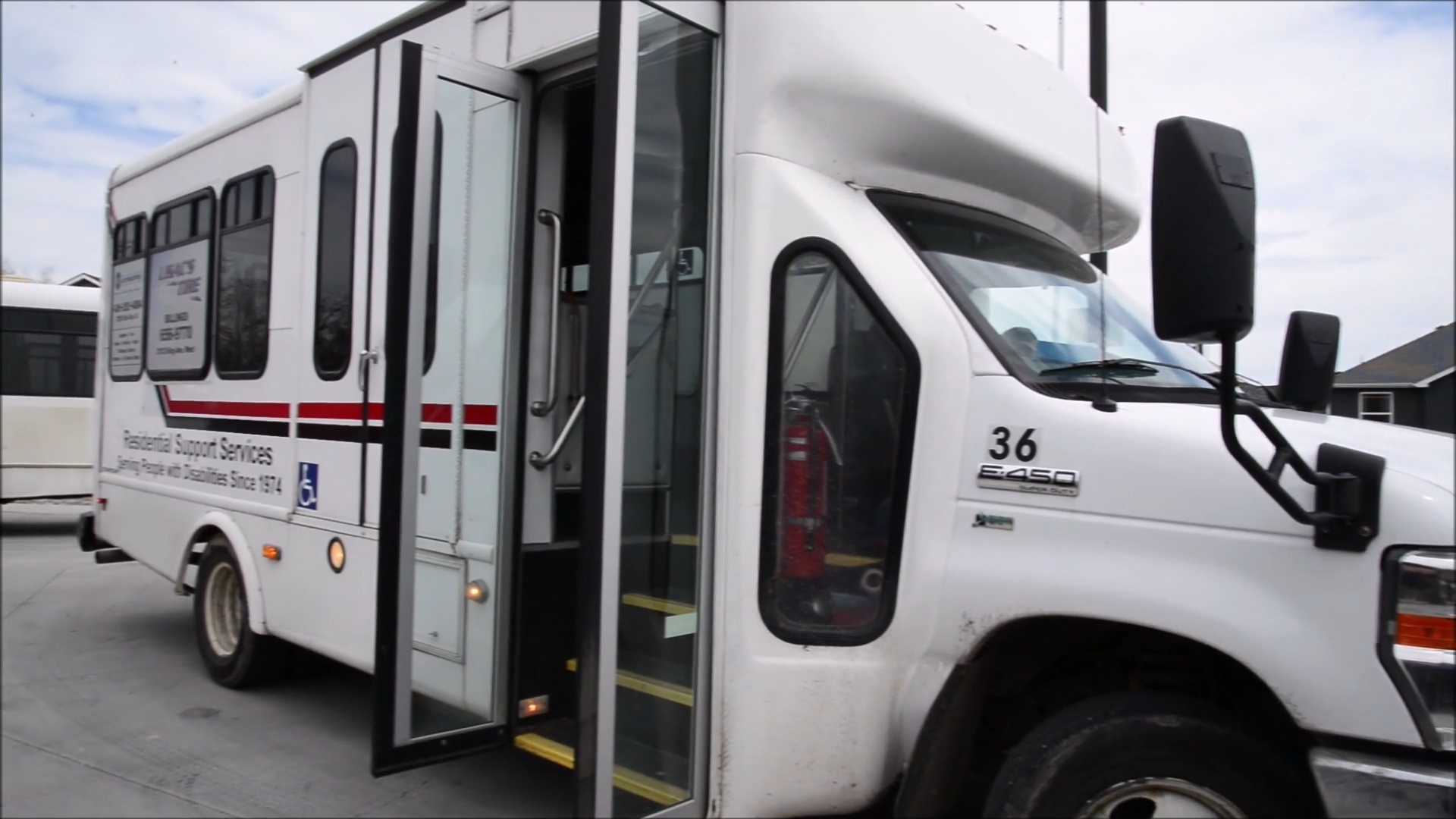Gainful employment provides financial stability and plays a critical role in promoting self-esteem, independence, and personal growth. For adults with developmental disabilities, meaningful employment can be transformative, offering a sense of belonging, increased confidence, and improved quality of life.
This blog post will delve into the importance of employment opportunities for adults with developmental disabilities, highlight various jobs and employment settings, and share practical tips for job-seeking and success in the workplace. Additionally, we will showcase Residential Support Services’ unwavering commitment to empowering its residents through gainful employment opportunities.
Employment can have a profound impact on the lives of adults with developmental disabilities, providing them not only a means of earning a living but also a sense of identity, self-worth, and societal integration. Participating in the workforce enables these individuals to contribute their talents, build social connections, and foster independence—further enhancing their overall well-being.
A wide range of job opportunities and employment settings may suit the abilities and needs of adults with developmental disabilities. Some examples include supported employment, where individuals work alongside their non-disabled peers with the assistance of job coaches, or social enterprises, which offer specialized work environments designed to nurture the skills of people with developmental disabilities. Customized employment opportunities tailored to the individual’s unique strengths and interests can also be a promising option.
Securing and maintaining employment can be challenging for adults with developmental disabilities. However, adopting effective job-seeking strategies and fostering workplace success ensures these individuals can fully reap the benefits of gainful employment.
Crafting a persuasive resume, acing job interviews, and leveraging one’s professional network is most helpful for this population.
At Residential Support Services, we help our residents find and maintain meaningful employment. Our tailored support plans, comprehensive job training programs, and collaborations with local employers and agencies are just a few ways we help our residents fulfill their potential in the workforce.
Our efforts aim to empower adults with developmental disabilities to lead fuller, more independent lives. As we delve further into this blog post, we will explore various employment opportunities and discuss Residential Support Services’s commitment to remaining at the forefront of this crucial endeavor.
The Importance of Employment for Adults with Developmental Disabilities
Employment plays a significant role in the lives of adults with developmental disabilities, offering numerous benefits that extend far beyond financial stability. Participating in the workforce provides these individuals with opportunities to:
1. Develop self-esteem and self-worth: Achieving success in the workplace, accomplishing tasks, and receiving recognition for their efforts can significantly boost the self-esteem and self-worth of individuals with developmental disabilities.
2. Foster independence: Gainful employment enables adults with developmental disabilities to take control of their lives and finances, allowing them to make choices and decisions that align with their personal goals and interests.
3. Enhance social connections: Interacting with co-workers and collaborating on projects provide valuable opportunities for individuals with developmental disabilities to develop social skills, build lasting relationships, and expand their professional networks.
4. Immerse in the community: Employment can directly link to community involvement, helping these individuals integrate into society and contribute positively to the local economy.
Understanding the potential impact of employment on the well-being of adults with developmental disabilities is vital in our efforts to support and empower this population.
Suitable Jobs and Employment Settings
Finding suitable jobs and employment settings is essential to ensuring the success and satisfaction of adults with developmental disabilities in the workplace. Some potential options include:
1. Supported Employment: Employment programs facilitate workforce integration for adults with developmental disabilities by providing job coaching services, tailored work tasks, and ongoing support. These programs often entail working in inclusive environments alongside non-disabled peers, fostering social interactions and skill-building opportunities.
2. Social Enterprises: Social enterprises are businesses established to provide employment and skill development opportunities for individuals with disabilities. These ventures often specialize in industries such as retail, food service, or manufacturing and can offer supportive and customized work settings that cater to the unique needs of their employees.
3. Customized Employment: Customized employment refers to tailoring a job or work environment to fit the skills, interests, and abilities of an individual with developmental disabilities. This approach can involve collaborating with employers to create specially designed positions or adjusting existing job tasks to cater to the individual’s strengths.
By considering a variety of jobs and employment settings, adults with developmental disabilities can find meaningful employment that aligns with their abilities, preferences, and long-term goals.
Job-seeking Tips for Adults with Developmental Disabilities
Securing a job that fits an individual’s abilities and interests can be challenging, particularly for adults with developmental disabilities. The following job-seeking tips and strategies can help:
1. Create a Strong Resume: A well-crafted resume is crucial in showcasing an individual’s skills, abilities, and experiences. Collaborate with support workers, mentors, or family members to highlight one’s strengths and achievements.
2. Leverage Professional Networks: Tapping into one’s existing network of friends, family, and support providers can lead to promising job prospects. Attend local job fairs career events, or join online forums dedicated to employment opportunities for individuals with disabilities to expand one’s network.
3. Prepare for Job Interviews: Practice potential interview questions and rehearse responses with a trusted friend, mentor, or support worker. Ensure appropriate attire and punctuality on the day of the interview. Lastly, don’t hesitate to request reasonable accommodations during the interview process, such as a quiet environment or questions presented in writing, to ensure a positive experience.
Success in the Workplace: Strategies and Support
Once employed, adults with developmental disabilities must adopt strategies that promote success and satisfaction in the workplace. Consider the following:
1. Effective Communication: Learn effective communication techniques to interact with colleagues, express needs, and request feedback or assistance when needed.
2. Time Management: Develop time management skills to prioritize tasks, maintain productivity, and adhere to workplace schedules.
3. Seek Support: A strong support network consisting of family, friends, support workers, and co-workers is crucial in ensuring workplace success. Encourage employers and colleagues to develop disability awareness and provide an inclusive environment that supports growth and development.
Residential Support Services’s Commitment to Employment Opportunities
At Residential Support Services, we are dedicated to helping our residents find and maintain meaningful employment that aligns with their capabilities, ambitions, and aspirations. We achieve this through a variety of initiatives:
1. Individualized Support Plans: We collaborate with our residents to develop support plans that address their employment goals, helping them to acquire appropriate skills, access resources, and successfully navigate the job-seeking process.
2. Job Training Programs: Residential Support Services offers job training programs and workshops to hone specific skills, such as resume writing, interview techniques, and workplace etiquette.
3. Collaboration with Local Employers and Agencies: We foster partnerships with local businesses, employment agencies, and community organizations, working together to create inclusive and supportive employment opportunities for our residents.
Empowering Adults
Empowering adults with developmental disabilities through meaningful employment opportunities is essential to promoting self-esteem, independence, and overall quality of life. By understanding the importance of employment, exploring suitable job options, and employing effective job-seeking strategies and workplace support techniques, we can enhance the prospects of adults with developmental disabilities in the workforce.
At Residential Support Services, a dependable adult group home, residents are given tools, training, and guidance to find and maintain gainful employment. Together, we can help adults with developmental disabilities embrace fulfilling and independent lives within their communities.









